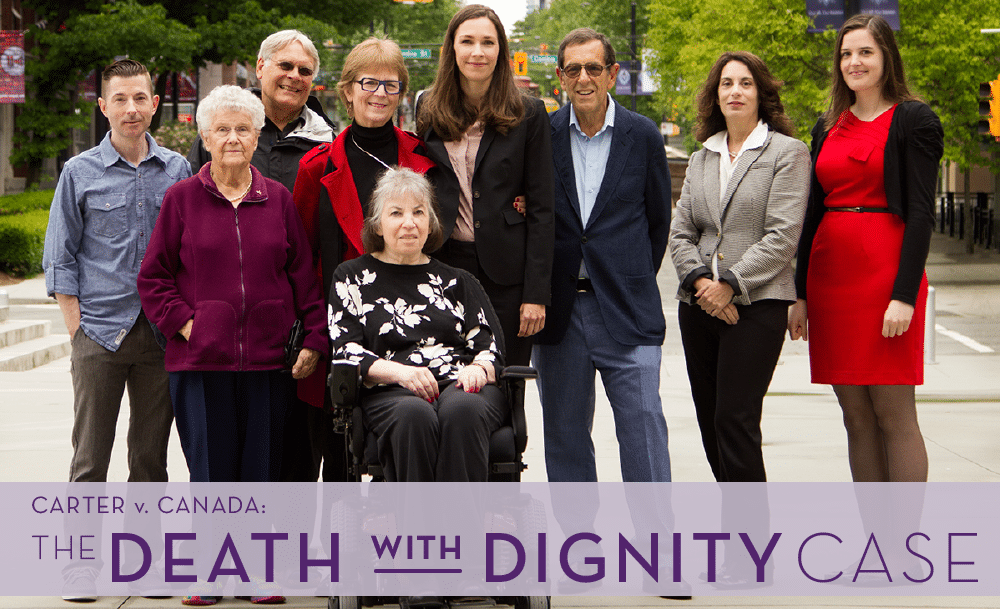
The arbitrary second deadline set by the Supreme Court of Canada for the coming into force of its arbitrary and senseless decision to invalidate Criminal Code protections against assisted suicide and euthanasia has arrived. Unless further extended, as of today Canadians wishing to commit suicide but too squeamish to do so themselves can take a shot at finding a doctor to kill them.
While the government will likely make the case for pushing through its proposed legislation, Bill C-14 a.k.a. the Medical Assistance in Dying Bill, it will have little practical effect. While presented as taking a conservative approach by only allowing individuals whose “death is reasonably foreseeable” to consent to being killed, Bill C-14 contemplates extending such consent to “mature minors” and those with mental illness within less than 180 days after it’s passed.
So what can Canadians expect to flow from this ill-considered decision to legalise consent to being killed? Unfortunately, a review of the literature in jurisdictions that legalised assisted suicide and euthanasia prior to Canada isn’t encouraging.
